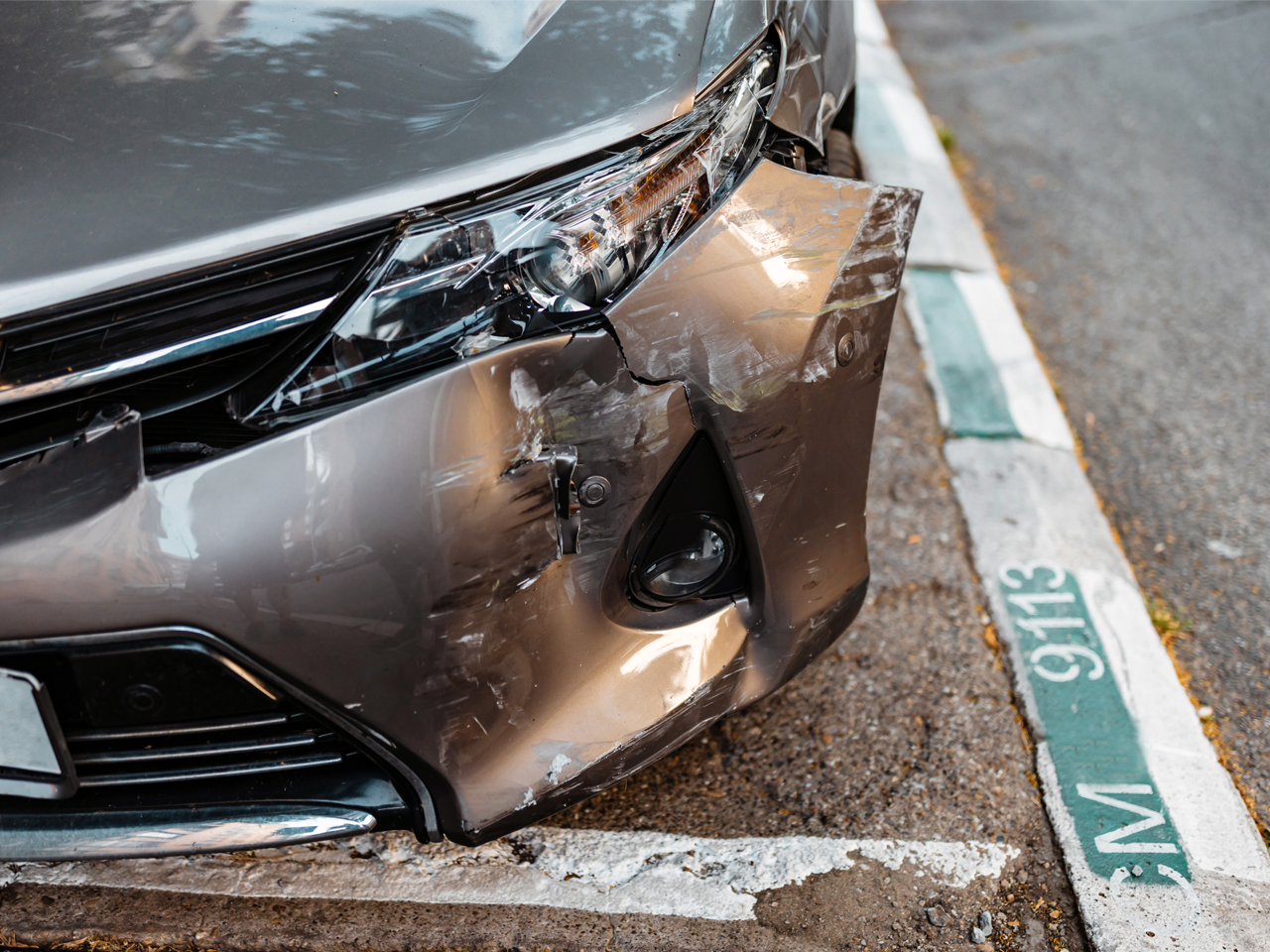Covering the basics of coverage itself.
Insurance isn’t something we think about every day, especially in times when we aren’t doing much driving. But when an accident happens, you’ll be glad you have it. The right coverage can make the difference between a sigh of relief and financial disaster. So whether you’re shopping for your first auto insurance policy, planning to switch providers, or just want a refresher, we’ve highlighted some important things for you to know.
Ready to get your new car ready for the road? See how insurance providers can provide quotes to best match your driving needs.
Types of Auto Insurance Coverage
Liability coverage is required in most states. If you’re at fault in an accident, it covers the other party’s bodily injuries and property damage. The minimum amount of coverage varies per state and is usually at least $25,000, but it may be smart to go above and beyond. The cost of medical bills can quickly add up, especially if multiple people are involved. Note that liability insurance does not cover you or your passengers.
With collision coverage, your vehicle is generally covered for damages caused by an accident regardless of who is at fault. It can also cover collisions with objects like a tree or a fence, as well as rollovers not involving other vehicles. After you pay your deductible, your car will either be repaired or replaced, depending on its value. Collision coverage is usually optional, although it may be required by your lender when financing or leasing a vehicle.
If you’re looking to insure your vehicle against external damage such as theft or a natural disaster, you’ll want comprehensive coverage. Like collision coverage, it’s often optional unless you’re financing or leasing. Also, keep in mind that it’s limited to your vehicle’s fair market value. This can be an important policy to have depending on where you live, especially if your vehicle is usually parked outside.
Uninsured or underinsured motorist coverage is crucial if you get into an accident in which the other party is at fault and doesn’t have enough insurance to cover injuries and damages. Without this coverage, you may need to use your own coverage or pay for expenses out-of-pocket. Without uninsured or underinsured motorist coverage, you may also have to file a lawsuit against the other party to cover your losses, which can be costly and time-consuming.
Personal injury protection, also referred to as PIP insurance, offers coverage for medical expenses for you and your passengers, regardless of who is at fault. Depending on your policy, it may also help cover lost income if you aren’t able to return to work after an accident. This type of coverage is only available in certain states, although in some states it’s required by law.
Choosing an Insurance Provider
If you’re looking for the best car insurance, the answer isn’t so simple. While it’s true that insurance providers offer products that are fundamentally the same, the type of service you get will vary. You can also expect a difference in your premium, which refers to the price of your insurance policy. To help you choose an insurance provider, we’ve narrowed down a few proven choices.
Allstate and Farmers Insurance are two of the most popular insurance providers. They’re powered by a network of local agents offering personalized service, which can be great if you want to work with the same people or simply avoid long telephone hold times. Keep in mind that if you’re involved in an accident, you’ll mainly work with your provider’s claims adjuster, who helps evaluate the damage and manage your claim.
Looking for the most savings on your insurance premium? Some providers like GEICO, Esurance, and Progressive are able to offer more competitive rates, as they don’t rely heavily on an agent network. Instead, these providers communicate with customers directly over the phone and online. This business model helps reduce their operating costs, allowing them to pass along savings and offer lower premiums.
Those who drive less have options that may lead to extra savings. Metromile is a unique provider available in certain states, charging a low monthly rate plus a few cents per mile driven. It’s a great option if you commute using public transit or work from home. If you own a classic car, check out Hagerty. They’re a unique provider focused on automobile enthusiasts, and even offer a membership program with access to car shows and track days.
Tips for Getting a Quote
First things first. Start by choosing a liability coverage limit that fits your financial situation. Opting for more than the state minimum may be beneficial, especially if you have a family or other dependents. Then, decide if you need additional coverage for collisions, uninsured motorists, or anything else. Be sure to factor in your deductible, which is the amount you’re required to pay for a covered loss.
There are many insurance discounts available to policyholders with certain jobs, vehicles, or other circumstances that lower the statistical risk of getting into an accident. Common discounts include those for being a good student and driving a hybrid. And if you own a home, you may easily save by bundling your home and auto insurance. With several discounts combined together, you may be able to save big over the long run.
Even if you think you’re set on an insurance provider, it’s always a good idea to get multiple quotes before making a final decision. Since many factors go into calculating your premium, you never know how much rates will vary. This is also a great time to get familiar with each company and see if they’re a good fit. After taking some time to review the details, you should be ready to insure your car.








